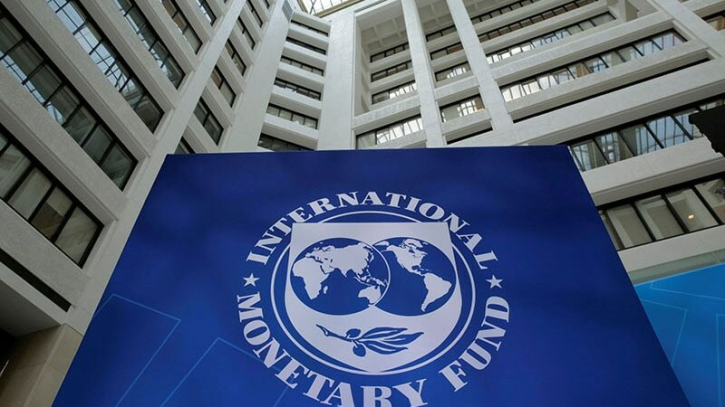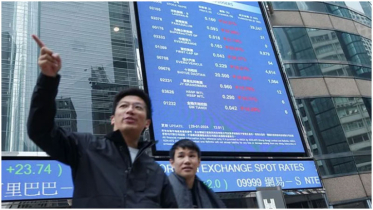IMF reaffirms to work closely for reform of Bangladesh 2.0

The International Monetary Fund (IMF) has reaffirmed that they would continue to work closely with the authorities to advance Bangladesh’s reform agenda, which aims to ensure macroeconomic stability, promote job creation, strengthen institutions and foster strong, sustainable and equitable growth.
“We welcome the authorities’ renewed commitment to implementing the reforms under the IMF-supported programme. Discussions on how to proceed with programme reviews will continue during the upcoming 2024 IMF-World Bank Annual Meetings,” said IMF Mission Chief for Bangladesh Chris Papageorgiou at a press statement here yesterday.
The IMF mission team led by Chris Papageorgiou visited Dhaka during September 24–30 to discuss recent developments and the authorities’ reform priorities.
At the statement, Papageorgiou expressed deep sadness for the loss of lives and injuries during the recent public uprising and stand in solidarity with the people of Bangladesh during these difficult times.
The timely formation of an interim government has helped stabilize political and security conditions, fostering a gradual return to normalcy in the economy, he mentioned.
He said, “Nonetheless, economic activity has slowed markedly, while inflation remains at double-digit levels, owing to the recent turbulence and major floods. The deterioration in the balance of payments has put additional pressure on foreign exchange reserves. Concurrently, tax revenue collection has declined, while spending pressures have increased, and domestic payment arrears have accumulated.”
He informed that financial sector vulnerabilities have become more pronounced.
“In this context, the authorities and IMF staff have held open and productive discussions on the policies and reforms needed to address these emerging challenges. We support the authorities' efforts to initiate policy adjustments, including continued monetary tightening and rationalizing non-priority capital spending, in response to these challenging circumstances,” he said.
Papageorgiou said the IMF remains a steadfast partner, fully committed to supporting Bangladesh and its people.
“The IMF team is grateful to the Bangladeshi authorities and other stakeholders for their hospitality and candid discussions. The team held meetings with Finance Advisor Saleh Uddin Ahmed, Bangladesh Bank Governor Ahsan Mansur, and other senior officials. The team also met with representatives from the private sector, think tanks, bilateral donors, and development partners,” he added.
.png)




